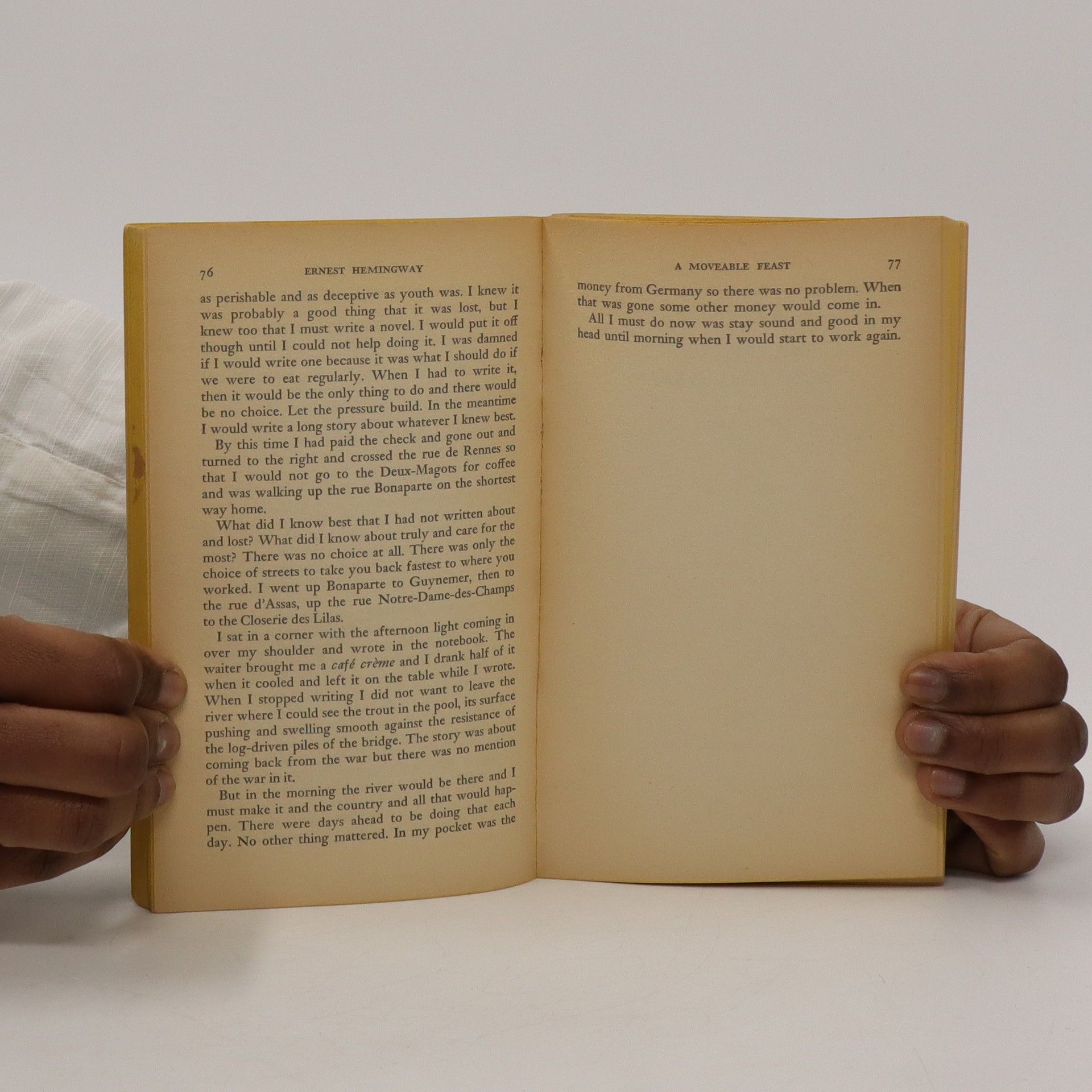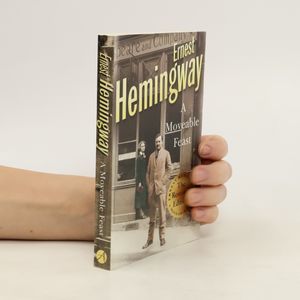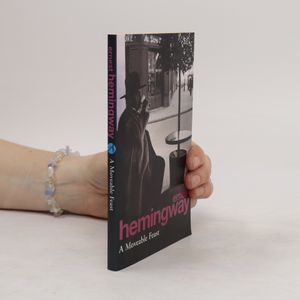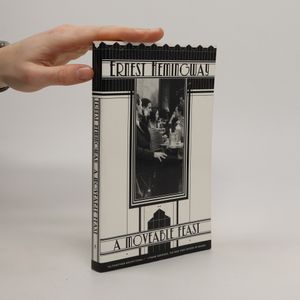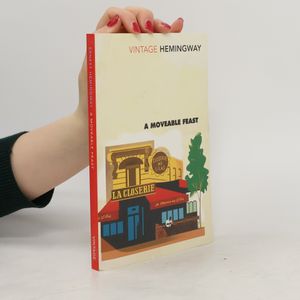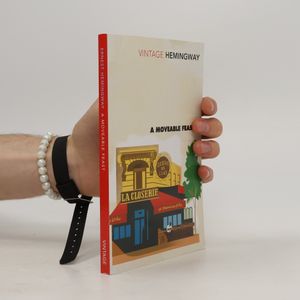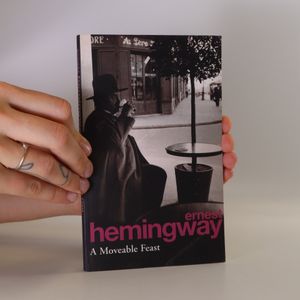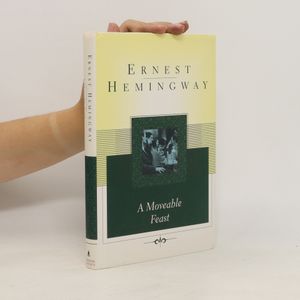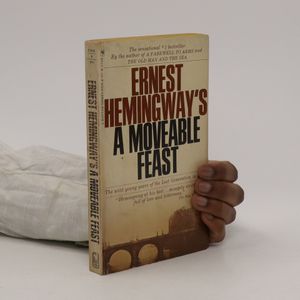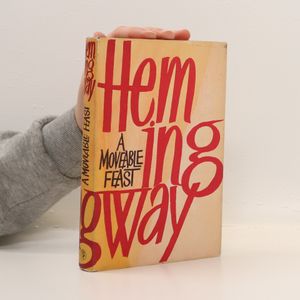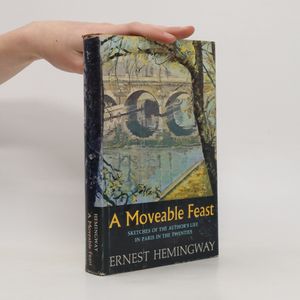Parameters
Categories
More about the book
"You belong to me and all Paris belongs to me and I belong to this notebook and this pencil." Begun in the autumn of 1957 and published posthumously in 1964, Ernest Hemingway's A Moveable Feast captures what it meant to be young and poor and writing in Paris during the 1920s. A correspondent for the Toronto Star, Hemingway arrived in Paris in 1921, three years after the trauma of the Great War and at the beginning of the transformation of Europe's cultural landscape: Braque and Picasso were experimenting with cubist forms; James Joyce, long living in self-imposed exile from his native Dublin, had just completed Ulysses; Gertude Stein held court at 27 rue de Fleurus, and deemed young Ernest a member of rue génération perdue; and T. S. Eliot was a bank clerk in London. It was during these years that the as-of-yet unpublished young writer gathered the material for his first novel, The Sun Also Rises, and the subsequent masterpieces that followed. Among these small, reflective sketches are unforgettable encounters with the members of Hemingway's slightly rag-tag circle of artists and writers, some also fated to achieve fame and glory, others to fall into obscurity. Here, too, is an evocation of the Paris that Hemingway knew as a young man -- a map drawn in his distinct prose of the streets and cafés and bookshops that comprised the city in which he, as a young writer, sometimes struggling against the cold and hunger of near poverty, honed the skills of his craft. A Moveable Feast is at once an elegy to the remarkable group of expatriates that gathered in Paris during the twenties and a testament to the risks and rewards of the writerly life.
Payment methods
- Title
- A moveable feast
- Language
- English
- Authors
- Ernest Hemingway
- Publisher
- Bantam Books
- Released
- 1965
- Format
- Hardcover
- ISBN10
- 0553110713
- ISBN13
- 9780553110715
- Category
- World prose, Beloved classics
- First published
- 1964
- Original title
- A Moveable Feast
- Description
- "You belong to me and all Paris belongs to me and I belong to this notebook and this pencil." Begun in the autumn of 1957 and published posthumously in 1964, Ernest Hemingway's A Moveable Feast captures what it meant to be young and poor and writing in Paris during the 1920s. A correspondent for the Toronto Star, Hemingway arrived in Paris in 1921, three years after the trauma of the Great War and at the beginning of the transformation of Europe's cultural landscape: Braque and Picasso were experimenting with cubist forms; James Joyce, long living in self-imposed exile from his native Dublin, had just completed Ulysses; Gertude Stein held court at 27 rue de Fleurus, and deemed young Ernest a member of rue génération perdue; and T. S. Eliot was a bank clerk in London. It was during these years that the as-of-yet unpublished young writer gathered the material for his first novel, The Sun Also Rises, and the subsequent masterpieces that followed. Among these small, reflective sketches are unforgettable encounters with the members of Hemingway's slightly rag-tag circle of artists and writers, some also fated to achieve fame and glory, others to fall into obscurity. Here, too, is an evocation of the Paris that Hemingway knew as a young man -- a map drawn in his distinct prose of the streets and cafés and bookshops that comprised the city in which he, as a young writer, sometimes struggling against the cold and hunger of near poverty, honed the skills of his craft. A Moveable Feast is at once an elegy to the remarkable group of expatriates that gathered in Paris during the twenties and a testament to the risks and rewards of the writerly life.



